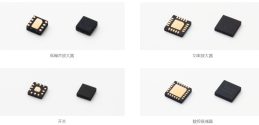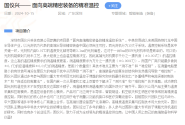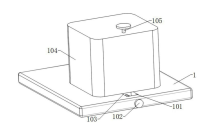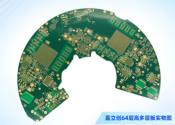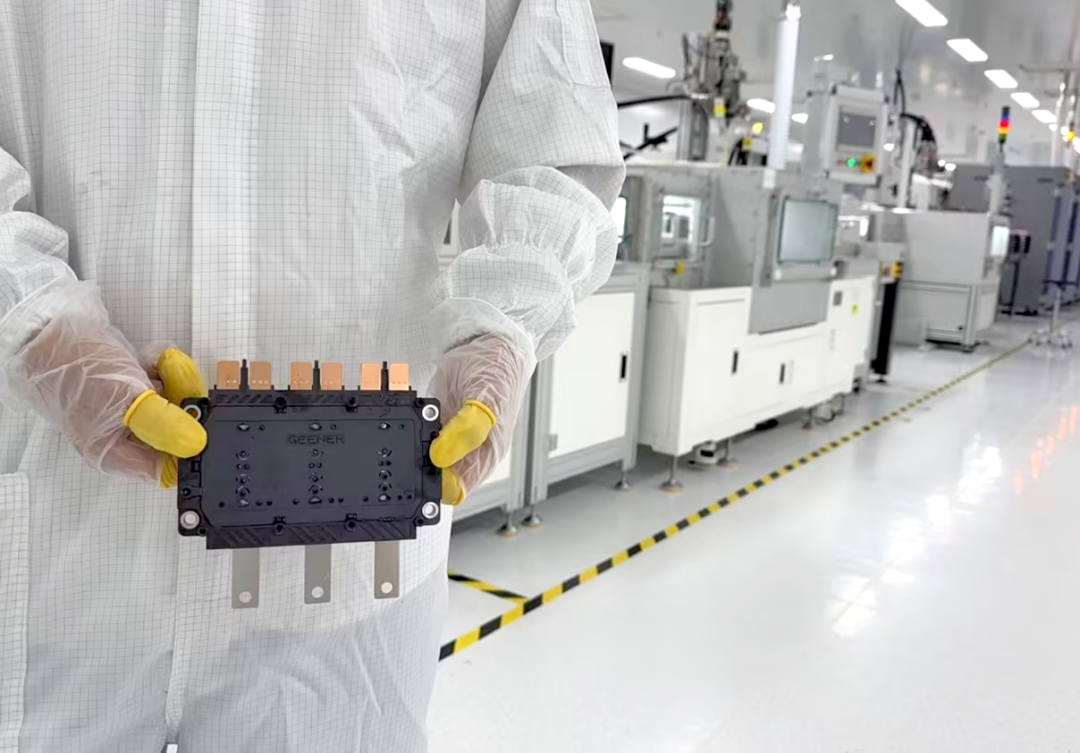Wanye Enterprises achieved operating revenue of 1.069 billion yuan in the first three quarters.
On October 29, 2025, Shanghai Wanye Enterprises Co., Ltd. officially completed its corporate name change to "Shanghai Pioneer Electronic Technology Co., Ltd.", with the stock code and abbreviation now proposed as "Pioneer Electronics" subject to final approval by the Shanghai Stock Exchange. This strategic rebranding signals a comprehensive transformation from a traditional electronics manufacturer into a full-scale, vertically integrated platform enterprise in China’s semiconductor ecosystem.
In the first three quarters of 2025, the company achieved operating revenue of RMB 1.069 billion, marking an unprecedented year-on-year growth of 247.43%—a testament to its rapid expansion and market penetration across key high-growth domains. Third-quarter revenue alone reached RMB 370 million, driven by strong performance in both materials and equipment segments, continuing a robust upward trajectory observed since the first half of the year.
The Ion Implanter Business: A Strategic Milestone in Domestic Semiconductor Self-Reliance.
Among the company’s most significant achievements is the maturation and scaling of its ion implanter business, led by subsidiary KST (Key Semiconductor Technology). As one of China's leading domestic developers and suppliers of advanced ion implantation equipment, KST has solidified its position as a critical enabler for national semiconductor self-reliance.
Market Presence & Operational Scale
KST currently operates approximately 50 ion implanter units across more than 10 major 12-inch wafer fabrication facilities (fabs) nationwide.
The equipment spans key semiconductor manufacturing processes including:
-Logic chips
-Memory devices (DRAM, NVRAM)
-CIS sensors (image sensors)
-Power semiconductors
Synergy with Bismuth Materials Business
The success of the ion implanter business is deeply intertwined with the company’s broader material platform, particularly its bismuth-based materials division. This creates a powerful “1+1>2” synergy:
Material compatibility: Bismuth compounds serve as key dopants and thermal interface materials in advanced chips—especially in solid-state batteries, cooling modules (MicroTEC), and high-efficiency power devices.
Cost-sharing and R&D efficiency: Shared R&D infrastructure allows for joint innovation in material-processing technologies that benefit both equipment development and chip fabrication.
Supply chain integration: Bismuth materials provide the raw inputs needed to produce high-performance semiconductor components, while ion implanters enable their precise functional integration—forming a closed-loop industrial ecosystem.
This synergy has allowed Pioneer Electronics to achieve nearly 90% of its total revenue from combined materials and equipment segments, with bismuth materials alone contributing over RMB 525 million in the first half of 2025 (75.14% of total revenue).
This widespread deployment demonstrates strong trust and acceptance from domestic foundries especially in the context of China’s ongoing efforts to reduce reliance on foreign equipment suppliers amid global supply chain disruptions.
Future
-Expand ion implanter capacity into new process nodes "7nm"
-Strengthen partnerships with domestic foundries and R&D institutes.
-Scale production of bismuth-based materials for use in next-gen batteries and cooling technologies.
-Explore international expansion, particularly in Southeast Asia and emerging markets seeking semiconductor self-reliance.

